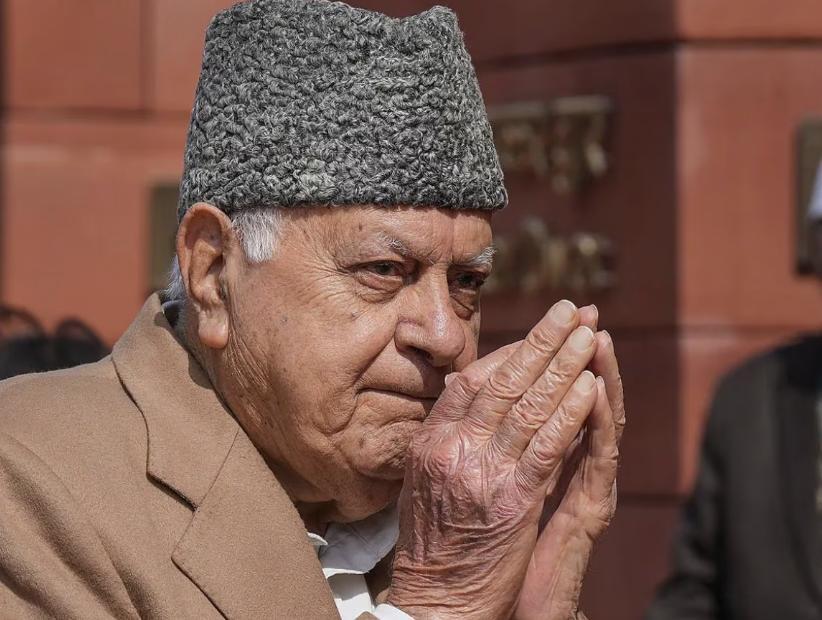
Ex-R&AW chief Dulat claims Farooq privately backed Article 370 abrogation, he denies
In his latest book, “The Chief Minister and the Spy”, former R&AW chief A.S. Dulat has made a shocking claim that former Jammu and Kashmir Chief Minister Farooq Abdullah privately backed the abrogation of Article 370. However, Abdullah has denied the claim, calling it a “figment of imagination” of the author who claims to be his friend.
Dulat, who served as the chief of India’s external intelligence agency for 10 years, has written that Abdullah’s National Conference (NC) had suggested that the abrogation of Article 370 would have helped in passing the Bill in Parliament. This claim has sparked a controversy, with many questioning the veracity of Dulat’s statement.
In his book, Dulat claims that he had a discussion with Abdullah in 2019, during which the former CM expressed his views on the abrogation of Article 370. According to Dulat, Abdullah told him that the NC was in favor of the abrogation of Article 370, as it would have helped in passing the Bill in Parliament.
However, Abdullah has strongly denied Dulat’s claim, saying that it is baseless and without any truth. In a statement, Abdullah said, “I am shocked to see that my friend, who claims to be a historian, has written this kind of nonsense. This is a figment of his imagination, and I have no knowledge of any such conversation.”
Abdullah’s denial has raised questions about the credibility of Dulat’s claim. Many have pointed out that Dulat’s book is based on his personal experiences and conversations, which may not be entirely accurate. Moreover, there is no concrete evidence to support Dulat’s claim, and it is unclear why Abdullah would have privately backed the abrogation of Article 370 if he did not do so publicly.
The controversy surrounding Dulat’s claim has also raised questions about the role of intelligence agencies in shaping public opinion and influencing policy decisions. Many have criticized the R&AW for its alleged involvement in political maneuvering and its tendency to spread false information to further its own interests.
The abrogation of Article 370, which was done by the Indian government in August 2019, has been a contentious issue in the country. Many have argued that the move was unconstitutional and has led to a humanitarian crisis in Jammu and Kashmir. Others have supported the move, saying that it was necessary to integrate the state with the rest of the country and to ensure national security.
In conclusion, the controversy surrounding Dulat’s claim highlights the importance of verifying information and ensuring the credibility of sources. While Dulat’s claim may have been intended to shed light on the behind-the-scenes discussions that led to the abrogation of Article 370, it has instead raised more questions than answers.
It is essential for policymakers and journalists to approach such claims with a healthy dose of skepticism and to demand concrete evidence before accepting them as true. Furthermore, the R&AW and other intelligence agencies must be held accountable for their actions and be transparent about their role in shaping public opinion and influencing policy decisions.
Source: https://repository.inshorts.com/articles/en/PTI/5880e3bf-0a05-40d6-887a-465b5c760b3a






